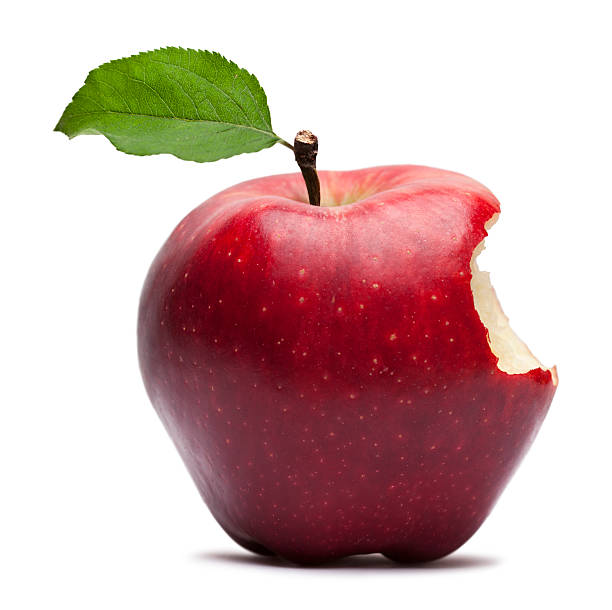We are God’s image-bearers and carers of creation according to Genesis Ch 1 (PS blog 1 April). In Genesis Ch 2 we learn more about our relationship with the rest of creation (PS blog 31 July). In Genesis Ch 3, things go horribly wrong… We normally read Genesis Ch 3 from our perspective, but what about God’s perspective? It is not just about our rebellion and the aftermath.
In Genesis Ch 3 we learn that the man and the woman convinced themselves that they knew better than God about what would happen when they ate from the forbidden tree. We learn the consequences for them and for humanity down the centuries and even for us today. We still often think we know better than God.
Everything was disrupted by their disobedience – their relationship with God, with each other, with the natural world. They were banished from the garden, their home, where all had been going well and working well. They were now much more on their own, and their future had changed dramatically. Their earthly origin, as dust, was now their fate.
But what about God? What changed for Him?
He had created the universe. He had created this amazing planet with all the diversity and richness of its plant and animal life. He had gone a step further and put something of Himself into the people He had made. And He was pleased with it all.
He was involved with the man, providing a garden for him. He had commissioned the man to get to know its creatures. He went to the length of providing the man with another person like himself for company. There was just one line the man was not to cross!
The man and the woman were familiar with God as He came walking in the garden in the cool of the day. The text does not state this explicitly, but it is evident that this was not a one-off occasion from how the man and the woman replied to God’s questioning. Their relationship with God was easy, comfortable, open, and trusting. But then it changed because they had crossed that line and disobeyed Him. God knew it. They knew it. Normally they were there when God came walking, but this time they hid; they made excuses. God investigated, by asking them questions. Was it like a courtroom, or was it more in the context of a friendship where something has changed and He, God, was trying to get to the bottom of it? He had given a command-a clear command, and so there were consequences for it being disobeyed.
Everything changed for the man and the woman, but also for God. How do we think of God in this drama? Do we see Him as the stern judge pronouncing sentence and carrying it out? Or do we see Him disappointed and even shocked at how everything has changed? Do we see Him left behind without the man and the woman who had been His companions and whose company He had enjoyed in the garden? Do we see Him watching them leave with a heavy heart?
Of course, being God, He continued to love and to care, as we see in the following chapters of Genesis, throughout Biblical history and in the cross, when He paid the cost Himself of making everything right again – eventually.
The story of the father of the prodigal son helps us a little here. Jesus was giving us a glimpse into how God felt when he had to let the man and the woman go. His heart was broken, and He yearned for their return. It took time, and it took everything out of Him to make it possible for the relationship to be restored.
So often we see our salvation as being about us, and what we get out of Jesus dying and coming back to life. Our future changes because of this and we now look forward to being with God for eternity. But often we limit the effectiveness of what Jesus achieved on the cross. Everything changes, now and eternally, or it should change.
Besides the new life and the new hope we have, the universe too will be restored because of Jesus’ death and resurrection. God will come again to live with us in a healed and whole world. Jesus has made it possible for us to be God’s friends again and once again we will fully enjoy His companionship and He ours.
Ethel White is a retired crop scientist having worked with the Agri-Food and Biosciences Institute in Northern Ireland. She edits a monthly Creation Care e-zine and is keen to explore how faith and farming are connected.
Please note that the statements and views expressed in this article of those of the author and do not necessarily represent those of Contemporary Christianity.


Thank you Ethel for reminding us how the curse extended to the ground as well as to humanity and for the hope of a “healed and whole world”. Genesis 1-3 and Revelation 21-22 need to be read alongside each other.
Thank you Ethel for another insightful piece.